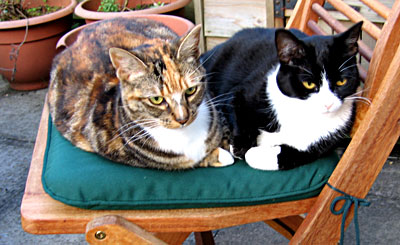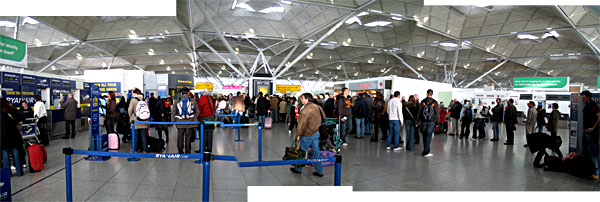Peter Wilby, writing in the New Statesman, has picked up on my rant about why young people don’t like newspapers — and taken the argument a useful step further. Here’s part of what he says:
Newspapers have never been good at picking up and responding positively to major social and cultural shifts
The Observer’s internet columnist John Naughton spoke the truth to the Society of Editors annual conference in Glasgow this month. Young people aren’t buying newspapers, he said, because the press portrays them as “hateful, spiteful, antisocial” criminals. To that, I would add that newspapers portray the schools, colleges and universities young people attend as incompetent and ill-disciplined. With standards plummeting, according to the press, A-levels and degrees aren’t worth the paper they’re written on. Half the courses are in joke subjects.
School leavers are illiterate and unemployable. The only decent young people, apart from soldiers, are those killed or beaten up by the savage creatures who make up most of their peer group.
Then there’s drugs and sex. You will find lots of pieces discussing the pros and cons of tobacco and alcohol, but cannabis and ecstasy are simply damned without reservation. Evidence that anybody under 18 is even thinking about sex – or being encouraged by teachers to do so – is taken as a sure sign of social disintegration. As for fellatio, news editors probably think it sends you blind.
A handful of columnists, such as the Independent’s Johann Hari and Catherine Townsend and the London Evening Standard’s Laura Topham, give an authentic hint of young people’s attitudes and daily lives. But they are lone voices among what resembles a chorus of maiden aunts, circa 1953…
Great stuff. Thanks to Roy Greenslade for the link.



